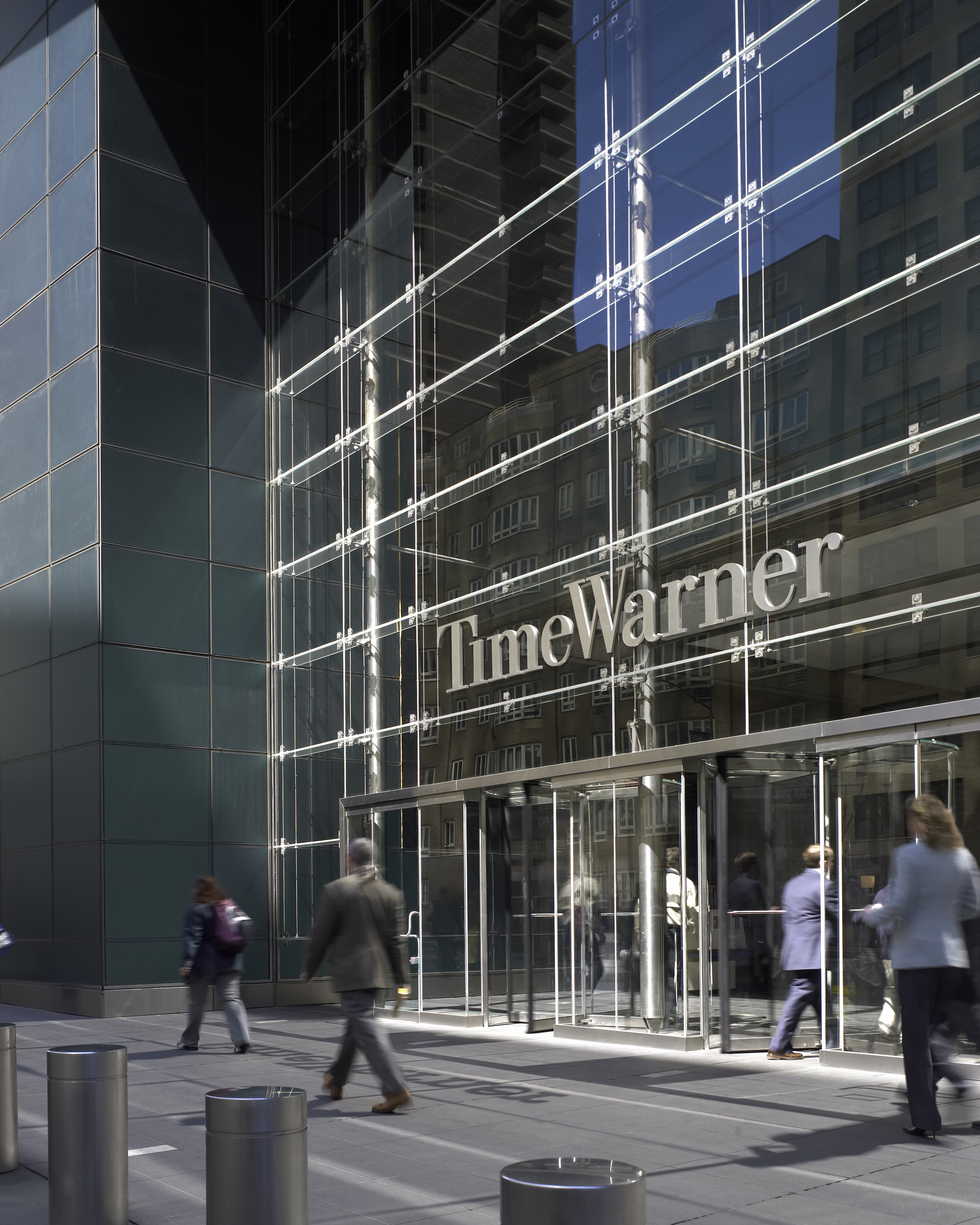Now that the $85 billion merger between AT&T and Time Warner has been cleared by a U.S. district judge, AT&T will likely rush to wrap up all loose ends and put the kibosh on its battle with the Department of Justice.
And with the presiding judge, Judge Richard J. Leon, advising the government not to seek an emergency stay, the deal is expected to move smooth and swiftly, said Jason Leigh, a senior research analyst for International Data Corp., a market intelligence provider.
“They can close the deal within six days,” Leigh said.
Even if the government did call for an emergency stay, he added, the deal would likely close before it could get to court. “The likelihood of doing that [calling for a stay] and then untangling the combined companies becomes grossly complex and highly unlikely,” Leigh said.
The judge’s ruling is good news for the companies and the growth of an evolving industry, said Mike Davis, a senior lecturer who specializes in the intersection of government and business at the Cox School of Business at Southern Methodist University in Dallas.
“I would’ve been disappointed if it had gone the other way,” Davis said. “What we need in this industry is a lot of experimentation. Nobody knows the right size of these companies, what businesses they should be in. Technology is changing. We’re about to get big improvements in wireless that may displace broadband.
“… Let the big players try and work this thing out.”
And, with the government likely out of the way—which historically has been the case with vertical mergers like this one—AT&T may finally be able to capitalize on the restructuring work it’s been doing on the back end for two years leading up to Tuesday’s ruling. That will mean leveraging its connectivity to provide licensed content, exclusive content, and customized offers—making it a media giant to compete with some of the big media newcomers like Netflix and Amazon.
Being able to become a content provider will help AT&T differentiate itself in a wireless industry that has saturated the consumer market and led to deals like buying out customers’ contracts from competitors or “slashing” phone bills in half.
“This illustrates … how the separation between media and distribution has really weakened,” Leigh said. “This is how telecoms need to adapt to that paradigm. … A standalone pure telecom company is going to be challenged in the U.S. market. To a certain extent, the cat is out of the bag.”
That could manifest itself in augmented and virtual reality experiences, Davis added. The move will set several wheels in motion for AT&T instantly, helping propel AT&T’s growth-by-acquisition strategy.
But it also sends waves through the regulatory environment, shushing a highly irregular move by the DOJ to get involved in these types of mergers. “Vertical mergers of this type haven’t gotten near the level of scrutiny as horizontal mergers,” Davis said. “The justice department moved aggressively, and that was surprising. … But the judge said, ‘Wait a minute, we’re not going to change that doctrine.’”
As a result, both Leigh and Davis expect vertical mergers to flood the pipeline in the coming weeks and months. And though AT&T’s is likely one of the biggest, most-watched deals of the last couple of years, it’s arguably not the first to have paved a path for mergers between communications and content providers.
“You could argue that it started with Comcast acquiring Universal,” Leigh said, referring to an acquisition that was completed in 2011. T-Mobile also acquired television provider Layer3 to develop its own TV service.
Summed up Leigh: “Other than for the regulators—and you could argue maybe some of the ‘over-the-top’ players—it’s definitely a win for AT&T and broadly in the media space.”





